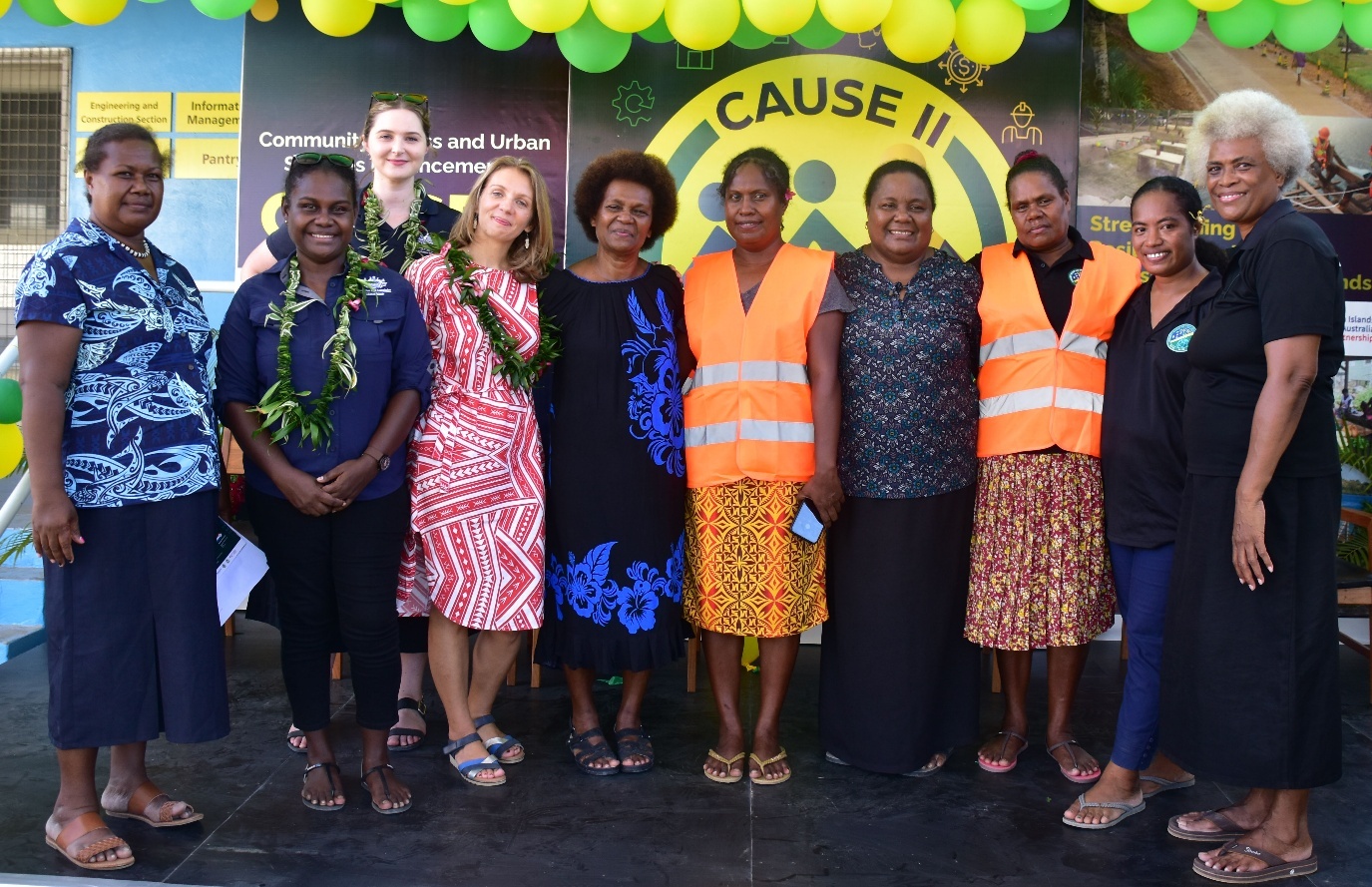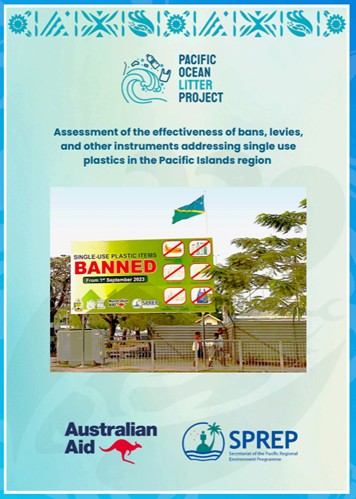
World Cleanup Day on 20 September is more than a symbolic gesture – it’s a global call to action to tackle waste and pollution.
Every year, World Cleanup Day reminds us of the urgent need to protect our environment from the growing threat of waste and pollution. For island nations like Solomon Islands, where the ocean is central to daily life, this day carries special significance. It is a moment to reflect on our shared responsibility to safeguard our ocean, coastal ecosystems and urban spaces, and to celebrate the partnerships that make this possible.

Australia’s support to Solomon Islands under the Pacific Ocean Litter Project (POLP) is a great example of a regional partnership in action. Funded by Australia and implemented by the Secretariat of the Pacific Regional Environment Programme (SPREP), POLP is a seven-year, SBD 90 million initiative aimed at reducing single-use plastics across 14 Pacific nations. From plastic bottles to takeaway containers, the project promotes practical actions to refuse, reduce, and replace harmful materials.
In Solomon Islands, where Honiara alone generates about 80 tons of solid waste per day and only 59 per cent is collected, POLP has supported public awareness campaigns, waste audits and community-led clean-up efforts. In 2023, POLP supported Solomon Islands to implement a ban on single-use plastic such as shopping bags, small plastic bottles, straws, cups and polystyrene takeaway containers. Also in 2023, it supported the Solomon Islands Government’s “Greening of the 2023 Pacific Games” initiative, which showcased how environmental sustainability can be integrated into national events.


Another example of a regional partnership in action is the Asian Development Bank’s (ADB) Prepaid Bag Initiative. Australia is the second largest donor globally to the Asian Development Fund – the multilateral grant arm of ADB – and I’m pleased our support is contributing to this pilot initiative. The pilot has been rolled out in many communities in Honiara and aims to address the growing waste collection challenges in Honiara and surrounding residential areas. Residents can purchase prepaid bags, which can be filled with residential waste, left at the side of the road, and collected by contractors for proper disposal.
Complementing this initiative is ADB’s Integrated Solid Waste Management Project, which aims to help strengthen solid waste management, reduce greenhouse gas emissions, improve the environment and public health, and improve ocean health in and around Guadalcanal Island. The project will develop climate-resilient and sustainable solid waste infrastructure through construction of a new landfill site, rehabilitate the existing Ranadi dump site and improve the circular economy through recycling.

Australia is also a key partner under the World Bank-led Community Access and Urban Services Enhancement (CAUSE) Project. During the first phase of CAUSE, Solomon Islanders collected over 66,522m3 of waste – which is equivalent to about 75 large shipping containers.
But tackling waste is not just about cleaning up, it’s about building resilient communities – and that’s where CAUSE II comes in. CAUSE II will improve infrastructure for vulnerable urban populations including in Honiara, Auki, Gizo, Noro, and Munda. CAUSE II is set to create local jobs by delivering over 360,000 paid workdays, engaging over 8,000 community workers and collecting over 64,000m3 of waste. With investments in climate-resilient roads, drainage systems and waste management services, CAUSE is not only enhancing urban living – it’s preparing communities for the challenges of tomorrow.
On this World Cleanup Day, Solomon Islands stands as a beacon of what can be achieved when communities, governments and international partners work together. From coastal clean-ups to urban renewal, these initiatives are not just cleaning up our environment, they’re building capacity, creating jobs, and fostering pride in our shared spaces.
Together, we can each make a difference by refusing or reducing our use of single-use plastics. Visit www.worldcleanupday.org, to learn how to get involved.
Lukim iu neks taem!
